

Reflections are powerful tools for growth, learning, and connection. Whether used in education, professional practice, or personal journaling, a strong reflection goes beyond recounting events—it captures authentic experiences, explores emotions, and identifies lessons that shape future actions. This checklist is designed to help writers and evaluators ensure that reflections are meaningful, structured, and impactful. It can be used by students, educators, colleagues, or anyone seeking to deepen their reflective practice.
Critical reflection is more than a checkbox on a compliance form—it’s a powerful tool for growth, insight, and transformation in educational practice. Yet for many educators, it can feel abstract, time-consuming, or overly complex. This article breaks down critical reflection into accessible steps, offering tools and prompts that make it both meaningful and manageable.
Halloween is more than costumes and candy; it's a cultural moment that invites play, storytelling, and community connection. But beneath the surface, it also offers a rich opportunity for reflection. What are we celebrating, and how does it shape our values, identities, and relationships? Here’s a thoughtful set of critical reflection questions for families considering whether to celebrate Halloween, designed to support values-based decision-making, emotional safety, and inclusive dialogue.
These critical reflection questions invite educators to look beneath the surface. To interrogate not just what ratios are, but what they do. How they impact our ability to see every child, respond to every need, and show up as our full selves. It challenges us to name the invisible labor, the moral compromises, and the quiet grief that ratio pressures can bring—while also illuminating the courage, creativity, and collective wisdom that educators embody every day.
Here’s a curated set of critical reflection questions tailored for room displays in early childhood settings—designed to provoke deeper thinking around pedagogy, child voice, aesthetics, and relational intent. These can be used during planning, team reflection, or documentation audits.
This reflection guide is designed to support educators in rethinking school readiness through a holistic, child-centered lens. It encourages dialogue, challenges assumptions, and strengthens programming that honours each child’s unique journey.
Here’s a curated set of critical reflection questions designed to provoke deep thinking around educator-to-child ratios in early childhood settings.
A: Creating your own critical reflections is a bit like having a conversation with yourself—one where you ask thoughtful questions, dig deeper into your actions, and look for meaningful ways to grow. Here’s a step-by-step guide to help you shape reflections that go beyond surface-level observations.
Here are some thoughtfully crafted critical reflection prompts to help you explore and strengthen relationships with children, aligned with Quality Area 5 of the NQS.
Here’s a thoughtful set of critical reflection questions you can use to evaluate and enrich cultural displays in your service.
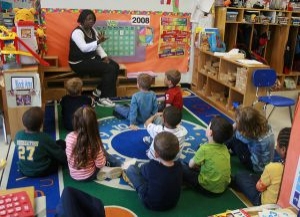 Working as a childcare professional can be a challenge especially when dealing with behavioural problems which may arise. The techniques we use when dealing with… Read More
Working as a childcare professional can be a challenge especially when dealing with behavioural problems which may arise. The techniques we use when dealing with… Read More
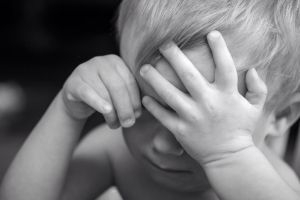 There are different types of behaviour that children can display and sometimes it can be hard to manage, especially if a child is having behavioural… Read More
There are different types of behaviour that children can display and sometimes it can be hard to manage, especially if a child is having behavioural… Read More
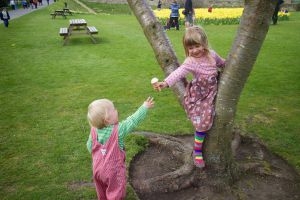 As a parent, your behavioural expectations of your child can be higher than what is actually developmentally appropriate for your child's age.
Read More
As a parent, your behavioural expectations of your child can be higher than what is actually developmentally appropriate for your child's age.
Read More
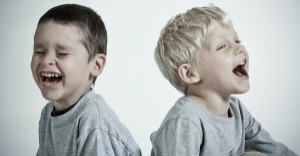 As Educators, there will be many instances where you will need to write about a child's behaviour. For a behaviour management plan, assessments, half-yearly or… Read More
As Educators, there will be many instances where you will need to write about a child's behaviour. For a behaviour management plan, assessments, half-yearly or… Read More
 As Educators when communicating with Parents (through verbal or non-verbal communication), there will be times where we need to discuss issues or concerns that may… Read More
As Educators when communicating with Parents (through verbal or non-verbal communication), there will be times where we need to discuss issues or concerns that may… Read More
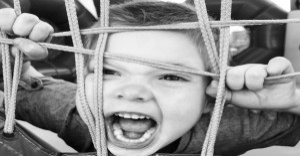 Challenging Behaviour is when a child does something that hurts themselves and/or other people.
Read More
Challenging Behaviour is when a child does something that hurts themselves and/or other people.
Read More
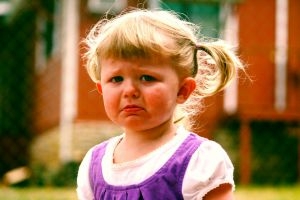 As part of your child's development it is normal for your child to have anxiety and fears. A baby commonly shows a fearful sign to… Read More
As part of your child's development it is normal for your child to have anxiety and fears. A baby commonly shows a fearful sign to… Read More
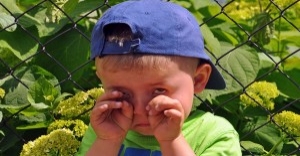 It's always difficult to bring up behavioural issues with parents, it can be nerve wrecking to tell a parent that their child misbehaves but that… Read More
It's always difficult to bring up behavioural issues with parents, it can be nerve wrecking to tell a parent that their child misbehaves but that… Read More
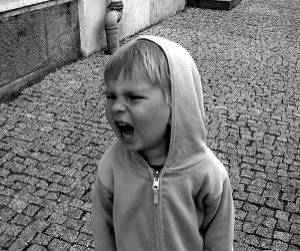 All children deal with anger on a daily basis. Thinking about it as a child, there is a lot to be angry about. Elder people… Read More
All children deal with anger on a daily basis. Thinking about it as a child, there is a lot to be angry about. Elder people… Read More
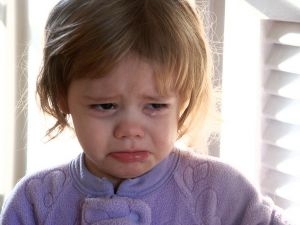 It is important to understand that your child behaviour problems could not just be from attention seeking. There are many factors to take into consideration… Read More
It is important to understand that your child behaviour problems could not just be from attention seeking. There are many factors to take into consideration… Read More
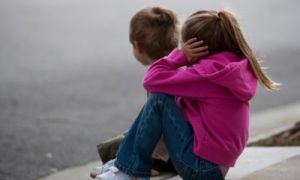
Divorce a common problem for a lot of families in today's society. Each individual family...
See more...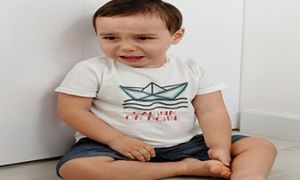
Supporting toddlers aged 2–3 years with challenging behaviors requires understanding their developmental stage and using...
See more...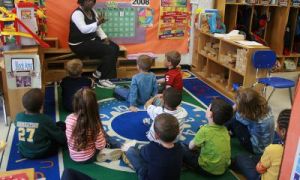
Working as a childcare professional can be a challenge especially when dealing with behavioural problems...
See more...© 2009-2025 Aussie Childcare Network Pty Ltd. All Rights Reserved.

